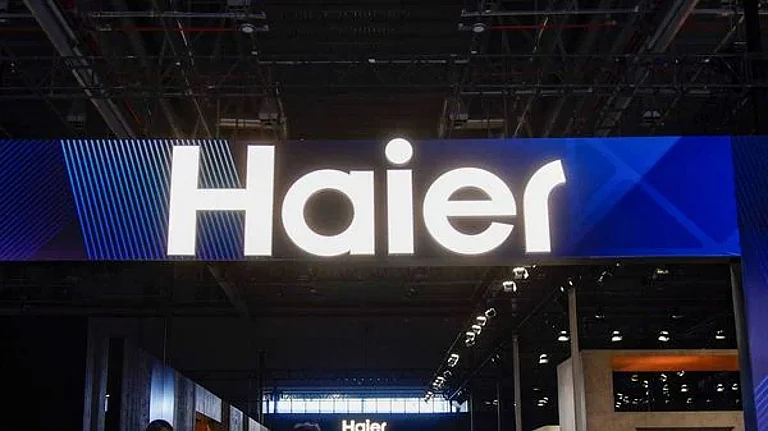 If there is one thing the cyclical nature of the egg processing business has taught Shree Shivkumar, the founder and CEO of SKM Egg Products, it is the importance of liquidity. “In my core egg processing business, three good years are followed by two mediocre years almost like clockwork,” he says. The cyclical nature of the industry meant a bulk (34%) of his investment went towards bridging the funding gap in his business during a downturn. While entrepreneurs are inherent risk takers, Shivkumar says he tends to balance out the overall risk in his business through relatively low-risk personal investments. Hence, a majority of his personal portfolio is always veered towards highly liquid assets. For instance, about 37% of his investments are in bank deposits and another 7% is in equity mutual funds. “My MF portfolio, managed by my finance manager, has been generating an average return of 15%, which I am more than happy with. I don’t invest directly in the market since I think that would be highly distracting,” he says. Shivkumar is not a great fan of real estate though it accounts for 21% of his personal portfolio. “Some of the real estate investments were made early on and I don’t see myself making any more investments. I don’t believe in land and prefer buildings, either for personal use or to generate rental income,” he points out. Though real estate remains a preferred investment for Indians, Shivkumar believes the asset class is highly illiquid. “I feel most of the appreciation is on paper. When you go to sell the asset, it is never easy and, if there is an acute need for liquidity, you have to sell it at a price much lower than the market rate.” Shivkumar, along with his wife, is now warming up to emerging businesses such as herbal cosmetics and bringing siddha [a traditional branch of medicine from the south] and ayurveda medicines direct to consumers. According to him, these businesses are in their initial stages but have the potential to scale up significantly in the future. “As I hand over the business to my son in 10 years, I don’t want him to undergo the same stress levels that I did and, hopefully, the diversification will help reduce the cyclicality of the core business,” says Shivkumar with a smile.
If there is one thing the cyclical nature of the egg processing business has taught Shree Shivkumar, the founder and CEO of SKM Egg Products, it is the importance of liquidity. “In my core egg processing business, three good years are followed by two mediocre years almost like clockwork,” he says. The cyclical nature of the industry meant a bulk (34%) of his investment went towards bridging the funding gap in his business during a downturn. While entrepreneurs are inherent risk takers, Shivkumar says he tends to balance out the overall risk in his business through relatively low-risk personal investments. Hence, a majority of his personal portfolio is always veered towards highly liquid assets. For instance, about 37% of his investments are in bank deposits and another 7% is in equity mutual funds. “My MF portfolio, managed by my finance manager, has been generating an average return of 15%, which I am more than happy with. I don’t invest directly in the market since I think that would be highly distracting,” he says. Shivkumar is not a great fan of real estate though it accounts for 21% of his personal portfolio. “Some of the real estate investments were made early on and I don’t see myself making any more investments. I don’t believe in land and prefer buildings, either for personal use or to generate rental income,” he points out. Though real estate remains a preferred investment for Indians, Shivkumar believes the asset class is highly illiquid. “I feel most of the appreciation is on paper. When you go to sell the asset, it is never easy and, if there is an acute need for liquidity, you have to sell it at a price much lower than the market rate.” Shivkumar, along with his wife, is now warming up to emerging businesses such as herbal cosmetics and bringing siddha [a traditional branch of medicine from the south] and ayurveda medicines direct to consumers. According to him, these businesses are in their initial stages but have the potential to scale up significantly in the future. “As I hand over the business to my son in 10 years, I don’t want him to undergo the same stress levels that I did and, hopefully, the diversification will help reduce the cyclicality of the core business,” says Shivkumar with a smile.
Shree Shivkumar
The CEO of SKM Egg Products balances the cyclical risk in his business through relatively low-risk personal investments

Shree Shivkumar Photo: Shree Shivkumar, CEO, SKM Egg Products
Shree Shivkumar Photo: Shree Shivkumar, CEO, SKM Egg Products








